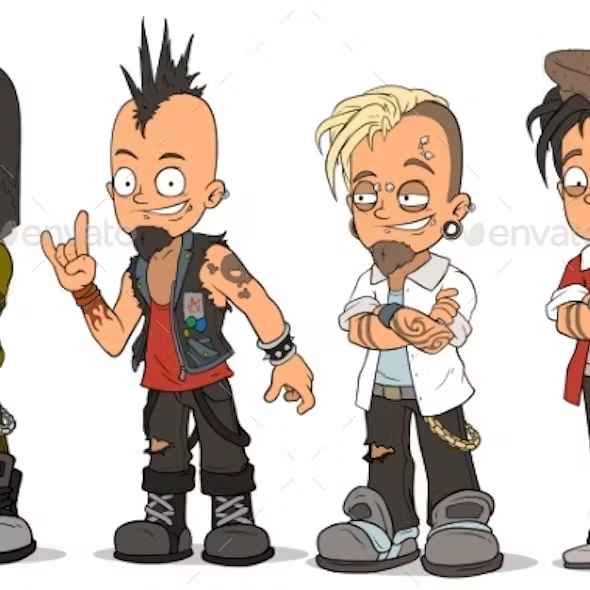What Are The Challenges of Independence & Identity for todays Emerging Adults?

A glimpse into the mind and trials and tribulations of the youth of today, yesterday and tomorrow. What Developmental Issues do they traverse from Childhood to Adolescence to Young Adulthood.
What Dragons Will They Have To Face and Conquer?
If 25 is the new 18 then what does that say about our world? With all of our technological advances in the fields of engineering, medicine, and space travel, why can we not reach the same heights as a society? In our present day we know that times have changed and in some areas has progressed but in others it has not. And Yet we cannot place an exact reason why. We have tried to explain this epidemic with Theories from Professionals such as William Perry, Kitchener, Schaie, Piaget, and Vygotsky’s. The question is Why Does It Take So Long To Grow Up Today and why does it seem so hard? It it due to our economic system of capitalism? Is it cultural, religious, or even political. Have we taken our eye off the value of our education system or have the morals, ethics, and values of the past become obsolete and no longer apply either by being passed down by our elders or being rejected by the youth and their peers. Hopefully the video below can shed some light onto our discussion.
-
Hello world!
Welcome to WordPress. This is your first post. Edit or delete it, then start writing!
With the information we have attained form the video we can see that our dilemma did not occur all at once but instead was created over a long course of our history, very silent and clandestine.
Factors that heavily influence and explain “Emerging Adulthood” derive from a sociological and biological standpoint.
In the enduring struggle from emerging it is imperative to understand that the brain is continuing to develop into young adulthood. The prefrontal cortex is responsible for functions such as decision making and organizational skills, it is not fully formed until 25 years of age. A companion to that is the frontal lobe whose main function is to control of behavior and emotions.
Brain development is involved in 2 phases the 1st is a loss of “Gray Matter” which is a positive evolution because that allows the brain to strengthen the primary connections it needs and cast aside the excess. The 2nd is a the production of “White Matter” and this allows for a faster and further reaching communications within the brain. Some studies have dictated that children in their late teens possess the cognitive ability of adults. This is true in some cases but only to the extent of scholastic aptitude. In the arena of emotional control they are easily susceptible to place more value on social and emotional variables. This is one of the greatest boundaries separating Emerging Adults into the realm of Adulthood.
Other then the biological facts previously discussed, 4 major sociological factors have contributed to the extension of young adulthood. They are the Technological, Sexual, Women’s, and Youth Movements. All four movements played a major part in what would be known in the future as “Emerging Adulthood.” This would largely be influenced as our society progresses from a manufacturing economy to a knowledge economy. This Sociological theory would explain with the rise in technology professions manufacturing jobs would become fewer. Technology jobs would become more in demand, requiring more education, and pushing adulthood further into the future.
Other articles that can expand your appreciation and knowledge on the subject can be found at:
Arnett, J. J. (2024). Emerging adulthood: The winding road from the late teens through the twenties. Oxford University Press.
Arnett, J. J. (2024). Emerging adulthood: The winding road from the late teens through the twenties. Oxford University Press.
Arnett, J. J. (2024). Emerging adulthood: The winding road from the late teens through the twenties. Oxford University Press.
https://youtu.be/AESkozhaT4s?si=YX8QrdEmVDw5hY1S
https://youtu.be/fv8KpQY0m6o?si=Wg_7E-nHaf9eXGuy
